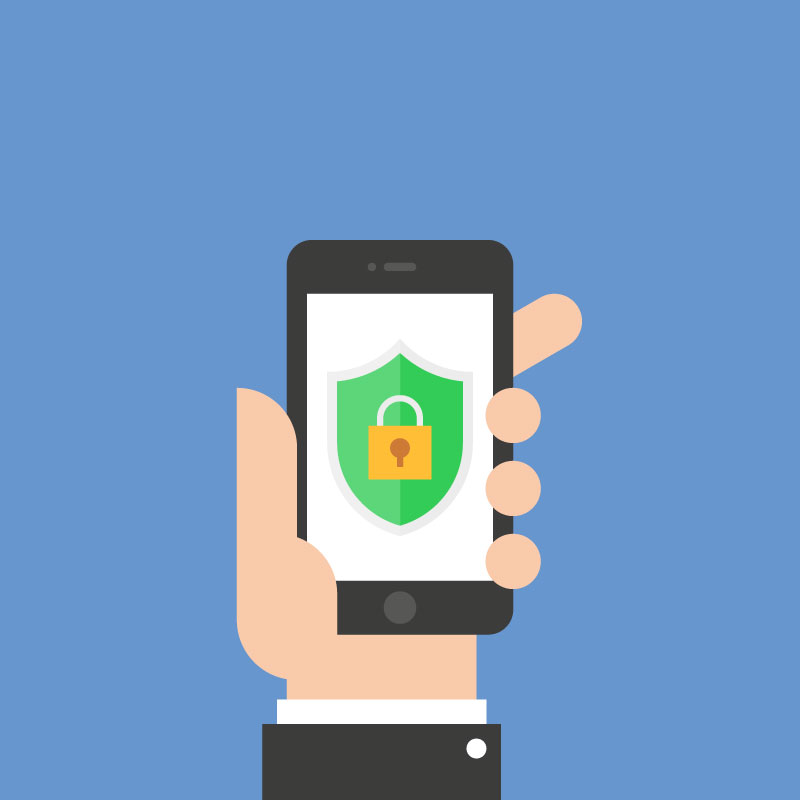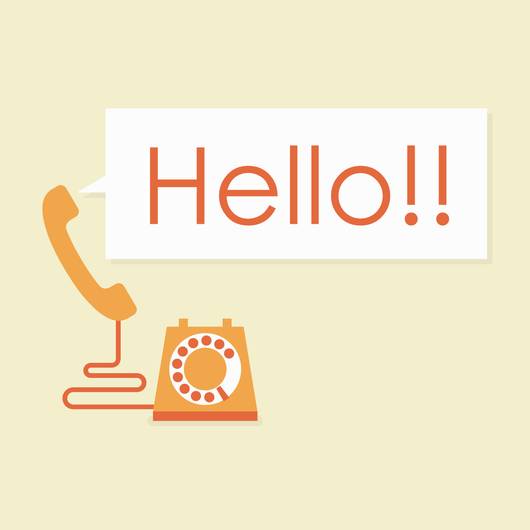As a business owner, or a service provider, what can you do to ensure you adhere to the data privacy laws, upkeep your business ethics, and protect the privacy of your customers? One of the best practices is not to divulge your customers’ phone number unnecessarily. Once the phone number has been given out to your employees or agents, although the action is legal as it is part of the service delivery process, you no longer have control over the data that has been given out, whether it is replicated, sold, or misused later. Prevention is better than cure.

How can you achieve this: allowing two persons to make a call and talk on the phone, without them knowing the phone numbers of one another?
The solution is to use a simple conference function. It is easily achievable by having two calls being made from the system to both users concurrently, and having the system bridge the call so they can talk.
Readymade conference API can be built into your existing logistic or fleet management system to enable this function. The customer’s phone number is tied to the order number and not revealed to the staff, the staff can make a call to the customer by using the built-in call function tied to the order number.
Taxi – While the call center is responsible for receiving taxi requests and dispatching a taxi to the passenger, communication between the driver and the passenger is sometimes necessary to clarify the exact location of the passenger, for example, at which entrance of the building is the passenger waiting.
Courier Service – There are times when the courier service delivery staff has to clarify the address, the time for redelivery, or to inform the recipient of the amount of impending import tax to be paid upon delivery of the parcel.
Food delivery – Due to the perishable nature of cooked and packed food, and the postpaid nature of the business operation, food delivery service will suffer a loss in profit if the order is wrongly placed and the patron rejecting the delivered products. It is a best practice for the delivery staff to call the patron to confirm the order before delivering. In addition, the delivery staff may need to clarify the exact location of the patron too.
Headhunter – Phone interviews can be used as an effective screening process as the first-round interviews, which is time-saving for both hiring managers and candidates. When the hiring process is assisted by third-party headhunters, the contact information of the hiring companies and the candidates are in the hands of the headhunters. For headhunters to set up phone interviews between their clients and potential candidates, the conference function comes in useful. The headhunter may join in the conference as the function supports multiple parties of three callers; alternatively, the headhunter may leave the interviewer and interviewee alone, while only setting up the call for them.
Dating or Matchmaking – Lunch dating or blind dating arranged by matchmaking services could make use of the conference function to protect the privacy of the participants. Meeting a stranger could bring anxiety, talking on the phone before a meeting can help to reduce anxiety and potentially let the meeting go more smoothly. Using the conference function, appointments can be set up between two participants without having to reveal the phone number of either of them, while allowing both of them to talk on the phone to plan a lunch date. In case the match does not work out, they are under no pressure to exchange phone number, and are mutually protected from further contact by the other party.



